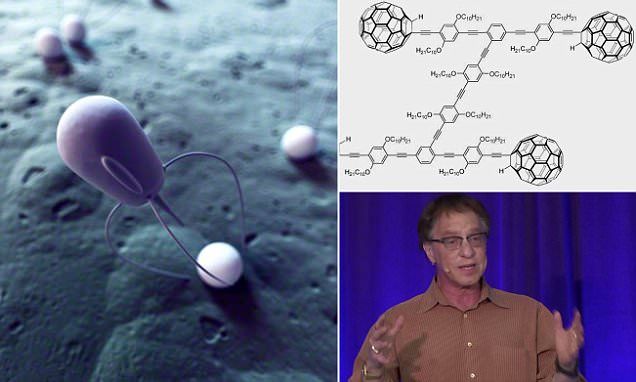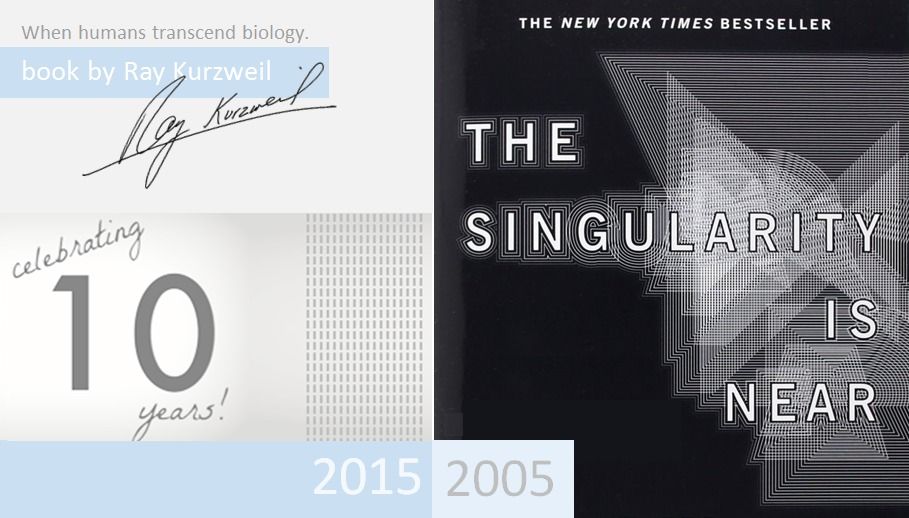Oct 6, 2015
Crucial hurdle overcome in quantum computing
Posted by Shailesh Prasad in categories: computing, quantum physics
The significant advance, by a team at the University of New South Wales (UNSW) in Sydney appears today in the international journal Nature.
“What we have is a game changer,” said team leader Andrew Dzurak, Scientia Professor and Director of the Australian National Fabrication Facility at UNSW.
“We’ve demonstrated a two-qubit logic gate — the central building block of a quantum computer — and, significantly, done it in silicon. Because we use essentially the same device technology as existing computer chips, we believe it will be much easier to manufacture a full-scale processor chip than for any of the leading designs, which rely on more exotic technologies.

















